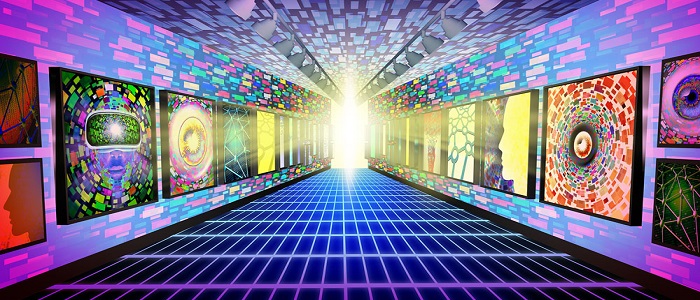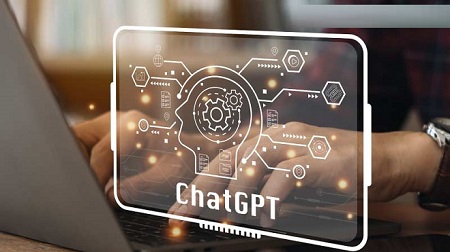
Nvidia and the 3D Internet of Tomorrow:
The next iteration of the web is being developed with a lot of effort. The majority of it is centered on the idea that we will have a completely different, far more immersive experience instead of typical web pages. Call it “Web 3D” for short. Yes Nvidia and the 3D Internet of Tomorrow.
I had the opportunity to speak with Jensen Huang, the CEO of Nvidia, who gave his thoughts on Web 3D. Although it incorporates aspects of the metaverse, it is more closely linked to the AI implementation that will power the future generation of the web than it is to the more prevalent simulation of reality on that new web.
Confused? I’ll try to clarify the idea so you know you’re not alone. After that, we’ll examine my product of the week, the Scribe, an unusual Amazon Kindle. It has potential but still needs some improvements to be a wonderful product.
The Next-Generation Web is Led by AI:
Google Assistant and Apple’s Siri both perform better than Cortana at the moment. According to Huang, the next iteration of the web will enable an AI front end. As more suppliers seize this chance, you will be able to design your AI interface or maybe license a previously created appearance and personality.
CCI requests a second investigation into Google.
Cortana is the technology that Master Chief uses to access the technology around him in the video game and television series “Halo.” Unfortunately, despite the creation of prototypes like the one in this YouTube video, Microsoft hasn’t yet developed Cortana to its full potential.
For instance, you might initially describe what you want to an interface and the AI would construct one based on what you trained the AI to look for if you wanted the AI to resemble your ideal partner or girlfriend. It might also construct it based on your known interests, drawing from the cookies and web posts you’ve made throughout your life, and these two options are not mutually exclusive.
information navigator:
Imagine having Black Widow or Thor serve as your personal information navigator. While guiding you to the information you need, they would act exactly like they do in the “Avenger” films. You would see your selected digital assistant instead of a web page, and it would magically bring up items from the metaverse to answer your queries. Search in a Metaverse Experience Search as we currently understand it would also alter.
For instance, if you’re looking for a new car, you might browse the alternatives on the websites of several manufacturers. But in the future, you might ask, “What kind of car should I get right now?”
Elon Musk takes action to stop the next Twitter trial.
You would be invite into a metaverse experience where you could virtually test drive the automobile base on the It will provide additional possibilities during this simulated drive, and you can express your interest or lack thereof to make a final decision. Finally, it will suggest where you should buy your car, favoring the outlook that is suite for your preferences for things like low pricing or high quality service. Depending on what the AI understands about your preferences, these choices might be both new and used products. This final point is crucial. The interface might wind up being a paid service to ensure that no other party can abuse your confidence rather than being free like modern browsers are.
A Conclusion
Huang claims that an increasingly photorealistic avatar based on your own preferences and interests will be the future of this front end—call it the next generation browser—and will offer more concentrated options and a highly customized web experience.
Perhaps we should focus more on the behavioral features of the “Transhumanist Web” rather than the visual aspects of the future generation of the web, specifically its 3D component. a topic to mull over this week.
Source: technewsworld



One comment
Pingback: WhatsApp will add an option to block screenshots - Kissasian